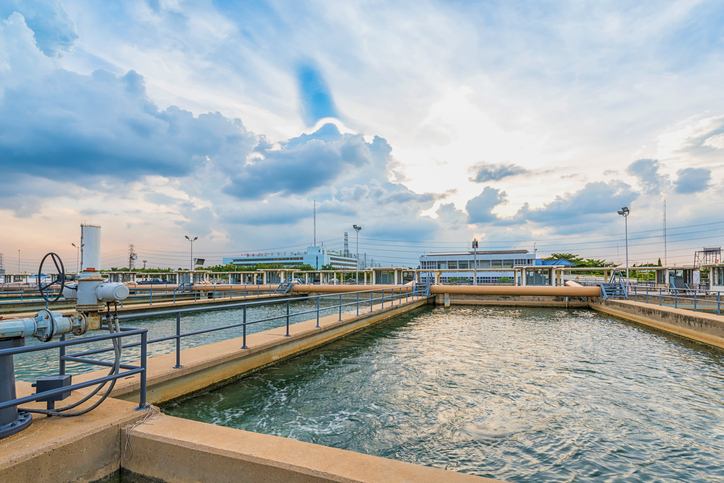 A new study led by ECS member Haluk Beyenal reveals a novel type of cooperative photosynthesis with potential applications in waste treatment and bioenergy production.
A new study led by ECS member Haluk Beyenal reveals a novel type of cooperative photosynthesis with potential applications in waste treatment and bioenergy production.
The research details a unique metabolic process observed for the first time in a pair of bacteria, which could be used to engineer microbial communities. Beyenal and his team honed in on a bacterium known as Prosthecochloris aestaurii, which is able to photosynthesize by using sunlight and elemental sulfur or hydrogen sulfide.
This from Washington State University:
The researchers noticed that P. aestuarii tended to gather around a carbon electrode, an electricity conductor that they were operating in Hot Lake. The researchers isolated and grew P. aestuarii and determined that, similar to the way half of a battery works, the bacterium is able to grab electrons from a solid electrode and use them for photosynthesis. The pink-colored Geobacter sulfurreducens meanwhile, is known for its ability to convert waste organic matter to electricity in microbial fuel cells. The bacterium is also used in environmental cleanup.

